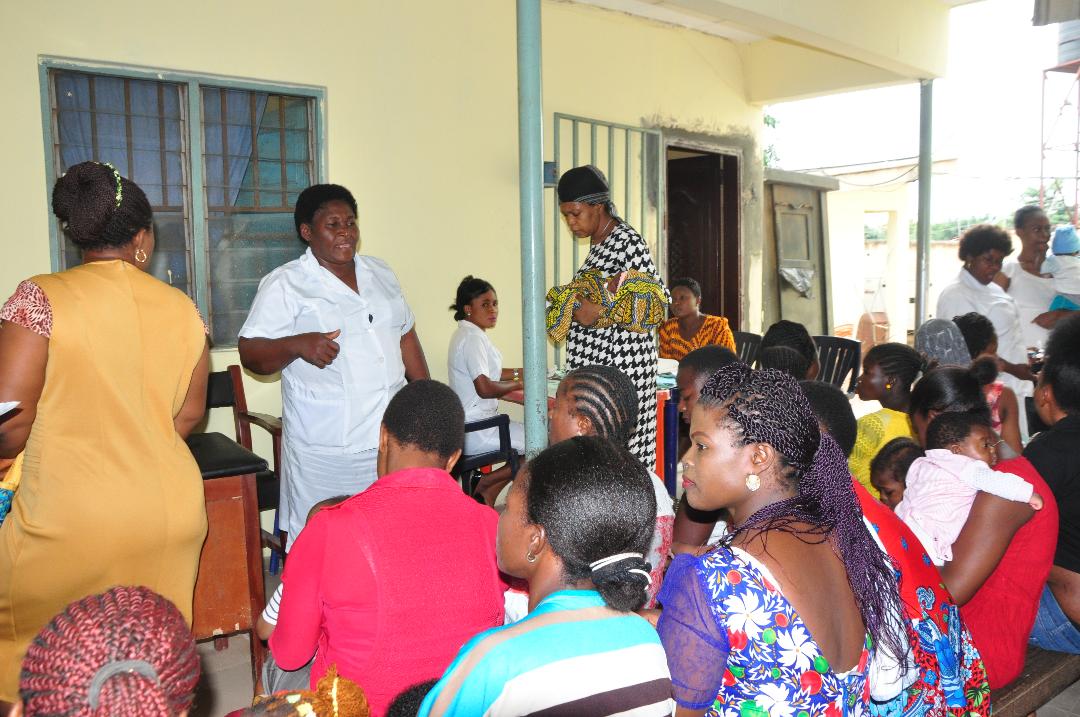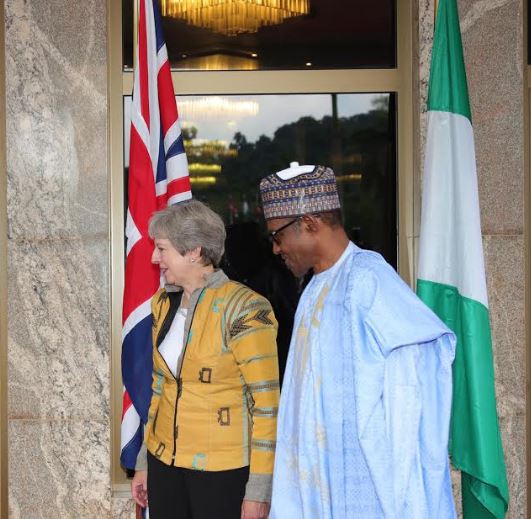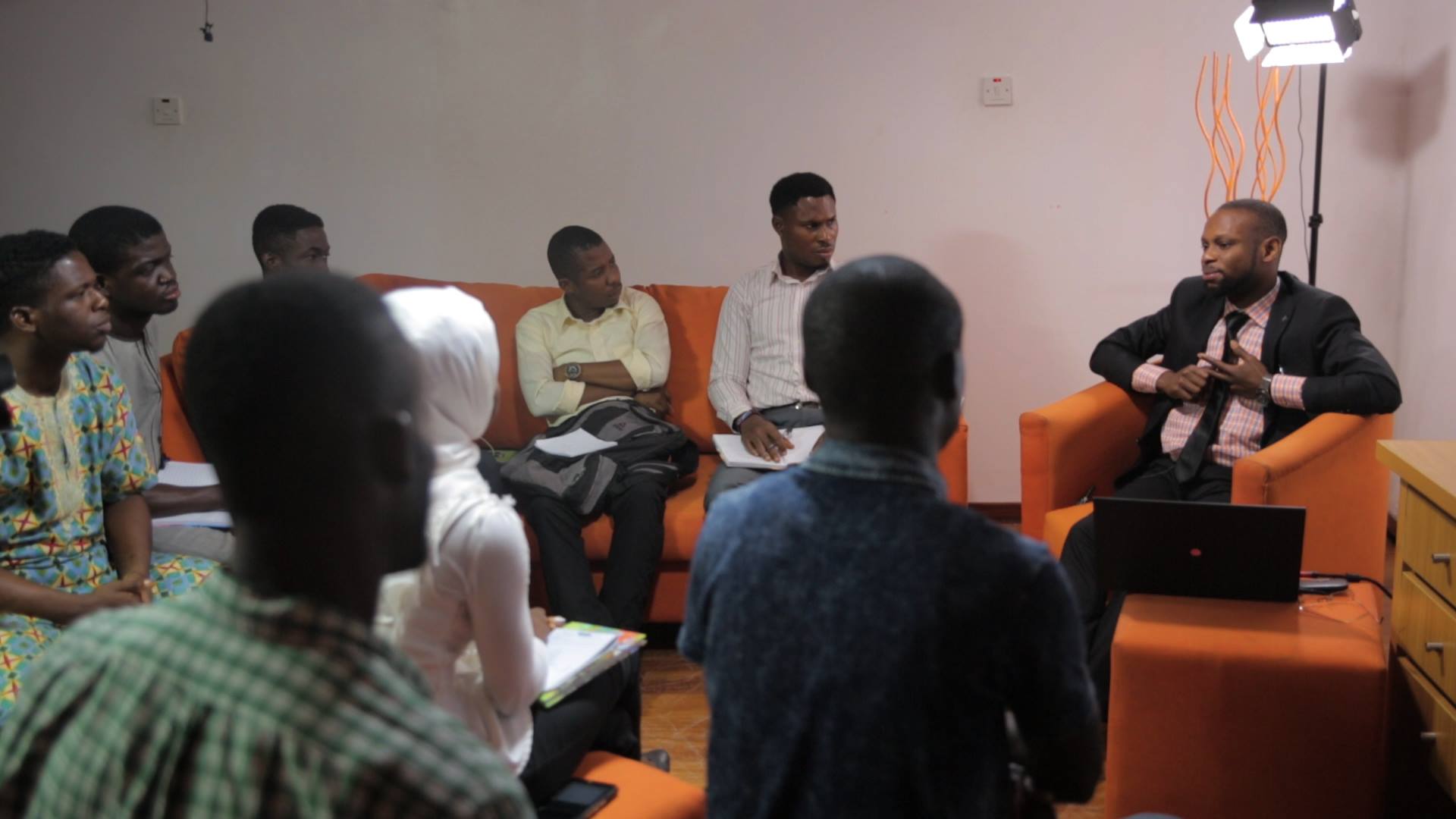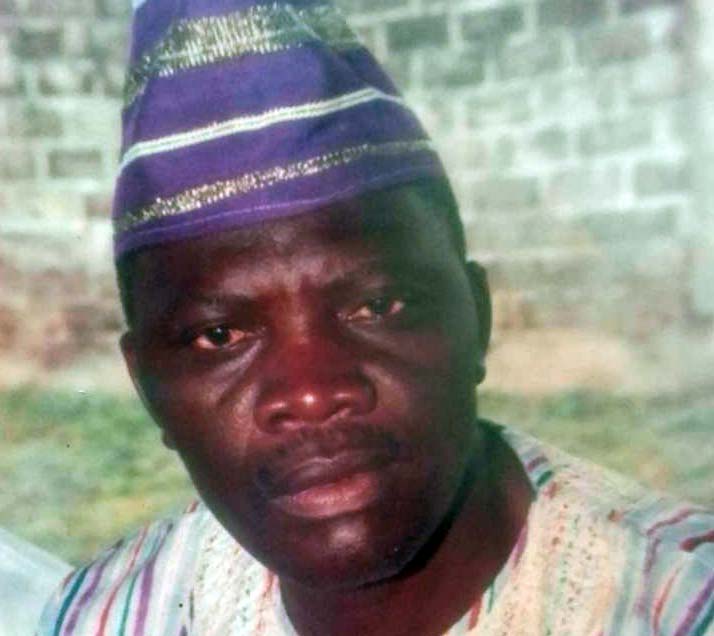The United Kingdom’s National Health Service has variously been described as “the greatest gift a nation ever gave itself”. And rightły so because, thanks to the NHS, the country’s nationals today have at their beck a healthcare that easily ranks as one of the most qualitative in the world, catering to their medical needs from the cradle to the grave free of charge.
At its launch 70 years ago, Aneurin Bevan, the man regarded as the “father of the British NHS” famously noted: “Illness Is neither an indulgence for which people have to pay, nor an offence for which they should be penalized; but a misfortune, the cost of which should be shared by the community.”
It was essentially a similar philosophy that inspired the Enugu State Free Maternal and Child Health programme. And given how positively it has impacted the lives of beneficiaries, it may well be described as the government’s best gift to pregnant women and under-5 children in the state. Like Bevan felt decades ago at the NHS’ launch, Enugu’s health commissioner, Dr. Fintan Ekochin, was just as exultant about the state’s free health programme. “What happened today is one of the greatest Executive Council approvals,” he declared on May 4, this year, at a press briefing.
The approval of which Ekochin had enthused was the Governor Ifeanyi Ugwuanyi administration’s monthly contribution of N8.5m as counterpart fund for the state’s Free Health initiative, which brought the total figure available to fund the programme every month to N17m. “It has been alive but beset with a lot of problems,” Ekochin noted, adding that the increase would further widen access to medical treatment for “our teeming young mothers who were unable to afford better healthcare services when pregnant and also all the children in the rural areas who are under five with a lot of childhood challenges”.
Advertisement
The problems the health commissioner was speaking about relates to the insufficiency experienced in the old order when the programme was funded solely by the 17 local government councils which contributed N8.5m every month. So the increased funding approved by the Ugwuanyi administration means reduced pressure on the programme, an improved capacity to accommodate more expectant mothers and infants and, more important, a further reduction in the state’s maternal and infant mortality rate.
To put Ekochin’s excitement in context, it’s important to consider some statistics that shed light on the state of maternal and infant health in Nigeria. According to a report published in 2013 by the Nigeria Demographic and Health Survey, the country has a maternal mortality rate of 576 deaths per 100,000 live births. The statistic is so because a significant percent of women is unable to access proper medical care while pregnant, a fact that is mostly a function of their economic state.
Although particularly worse in the northern part of Nigeria, the figure is roughly shared by the entire states of the federation with a few states that have over the years made substantial investments on maternal and infant healthcare, like Enugu had done, posting records much lower than the national average.
Advertisement
Dr. Celestine Nwolie corroborates this. As the chief medical officer of Udi District Hospital, a semi-urban facility where the free treatment for pregnant women and children could be accessed, he should indeed know. “Mortality rate has drastically reduced because many women who used to die in remote villages as a result of their inability to pay medical bills now come here in such large numbers to access the free treatment to such an extent that the doctors are almost overwhelmed,” he said.
Given its intangible nature, such progress data may tend to be overlooked as they are often not immediately discernible to all. But if the state’s Free Maternal and Child Health programme ever requires any validation, it is not in the trite sense of the buzz which a sustained media coverage generates. Its validation rather derives from the daily influx of expectant mothers and infants at primary healthcare centres across the state, people whose indigent status would have ordinarily proved a hurdle to standard medical treatment.
The case of Ms Ngozi Odo is a stark reminder of the risk borne by pregnant rural women prior to the maternal and child health programme. Odo, a trader from Nkanu West council area had her baby at Abakpa Health Centre, a primary care facility located in a high-density neighbourhood in the Enugu metropolis that records one of the highest outpatient visits. “I had a complicated pregnancy,” she said. “But thank God for the free health programme, I received the best care from doctors and nurses free of charge.” Without this, according to her, she might have been compelled to visit a quack. “That was how poor, pregnant women in my situation risked their lives in the past,” she added.
For Mrs Blessing Ene, the free health programme is the “real democracy dividend”. She is particularly thrilled that access to treatment is not restricted to indigenes. “Enugu State has really shown that the welfare of the people matter. The first time I came here, I was surprised when I inquired about my bill but was informed that I didn’t have to pay anything,” Ene, an indigene of Kogi State explained during her antenatal visit to Udi District Hospital, last week.
Advertisement
Similar cheery tales are recounted daily at the 450 primary healthcare centres and 53 secondary facilities spread across urban and mostly rural communities in the state which have all seen a surge in patronage since the programme was revamped with more funds and better implementation. But it wasn’t always the case. For instance, before the free maternal and child health programme was revived, the Abakpa Health Centre had all the typical tardiness of a public outfit with hardly any official around after 7.00pm. “We now run a 24-hour operation due to the large number of women visiting the clinic,” said Mrs Ngozi Nwobodo, the matron in charge of Abakpa Health Centre, who added that hundreds of children are treated monthly at the facility as well.
Asked what she considers the single most important benefit of the programme, Mrs Ngozi Nwobodo, didn’t have to ponder for long. “It is the fact that many pregnant women who would have delivered their babies at home due to lack of funds now come here knowing they won’t have to pay,” she said.
* Ani, formerly editor of ThisDay, The Saturday Newspaper and later Saturday Telegraph, is a senior communications aide to the governor of Enugu State.
Mrs Jane Umeh Ijeamaka, chief nursing officer at Poly Clinic, Enugu, counseling nursing mothers on tips to staying healthy.
Advertisement
Nursing mothers and their babies waiting to access the state’s free health treatment.
Advertisement
Views expressed by contributors are strictly personal and not of TheCable.
Add a comment







